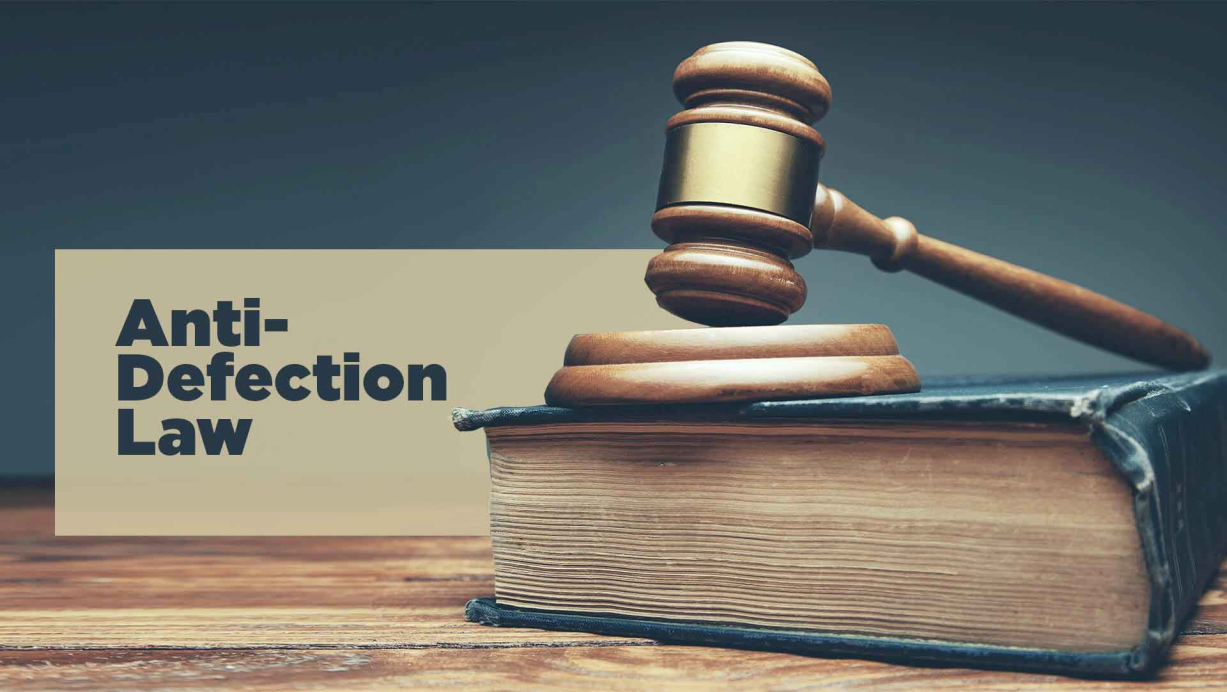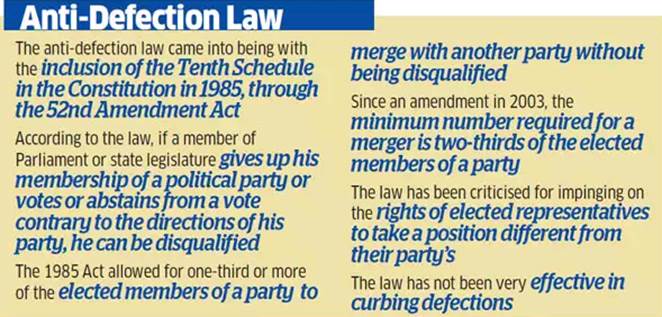Free Courses Sale ends Soon, Get It Now


Free Courses Sale ends Soon, Get It Now



Copyright infringement not intended
Context - Political events in Maharashtra have raised concern over the effectiveness of the anti-defection law.
Defection
Anti-Defection Law under Indian Constitution

Copyright infringement not intended
Provision of the Anti-defection Act
Anti-defection Provisions under the 91st Amendment Act of 2003
Significance of the Anti-defection law under the 10th Schedule
Concerns
Way forward
https://t.me/+hJqMV1O0se03Njk9
© 2024 iasgyan. All right reserved